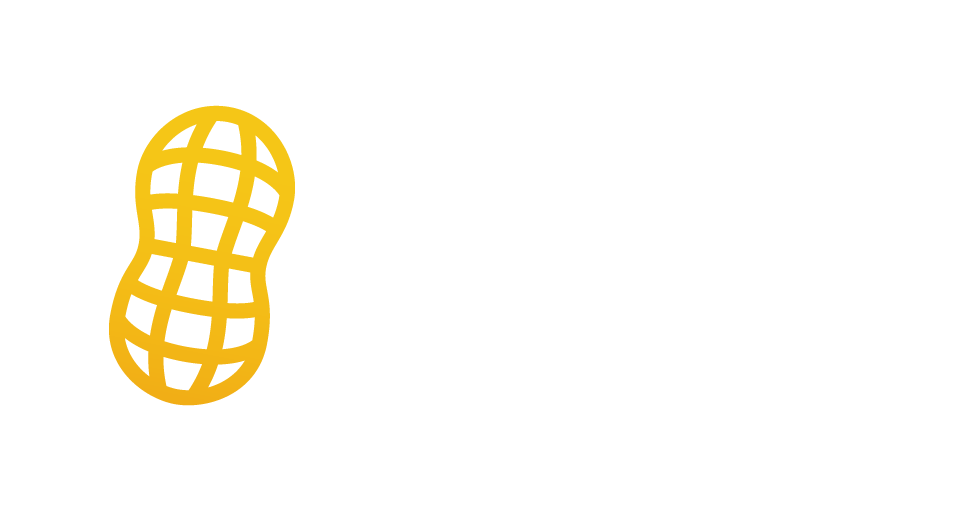At a glance:
- Strategic event planning relies on tracking Key Performance Indicators (KPIs) to ensure alignment with business objectives and drive measurable outcomes.
- Essential KPIs include attendee registrations, social media engagement, lead generation and more.
- Leveraging modern event technology streamlines KPI tracking.
In the corporate event world, success is more than gathering people together—it’s about creating experiences. Further, it needs to resonate and achieve measurable outcomes. As any endeavoured corporate events agency will tell you, the secret sauce to any event’s success lies in its strategic use of Key Performance Indicators (KPIs).
Let’s dive into the vital metrics that should guide every phase of your event planning, ensuring each gathering not only meets but exceeds its goals.
Understanding the Role of Event KPIs
KPIs are the narrators of your event’s story. They measure how well an event aligns to serve both company and client needs. It also helps boost brand awareness, foster community, or generate leads. For corporate events, in particular, defining and monitoring these indicators means events are less of guesswork and more of a precise, outcome-driven endeavour.
Why Track Event KPIs?
Tracking KPI is a road map that guides you through the event planning process while showing areas for improvement.
Tracking KPIs does just that. It provides clarity and accountability, ensuring every element of your event. This includes budget to attendee satisfaction—which is strategically aligned with your business objectives. Benefits include:
Sharper Strategic Focus:
Data-driven insights help tailor your events to serve both company and client needs better.
Financial Clarity:
Understanding metrics like ROI and cost-per-acquisition ensures your event is not only spectacular but also a sound investment.
Enhanced Engagement:
By measuring how attendees interact with your event, you’re better positioned to tweak elements for maximum engagement.
Read more on the Best business event themes for 2024.

What is Cost-Per-Acquisition (CAC)?
Cost-per-acquisition tells you the price tag of acquiring a new customer. In a world where every dollar counts, CAC is a spotlight that shines on the efficiency and effectiveness of your marketing efforts. It’s a straightforward calculation—divide the total sales and marketing cost by the number of new customers acquired. This metric offers a clear view of what you’re investing to expand your user base.
Why CAC Matters
For developers and marketers, understanding CAC is not just about tracking expenses; it’s about optimising your budget for the best possible outcomes:
Budget Allocation: Knowing your CAC helps you decide where to invest your marketing dollars for maximum impact.
Profitability Assessment: When compared with the Lifetime Value (LTV) of a customer, CAC reveals whether your acquisition strategies are sustainable and profitable in the long run.
Strategies to Improve CAC
Reducing your CAC is beneficial and essential for maintaining a competitive edge:
Leverage Owned Media: Use your existing platforms, such as websites, blogs, and social media, to reduce reliance on paid channels.
Referral Programs: Encourage your current users to bring in new ones with incentives, reducing your direct acquisition costs.
Customer Retention: Focus on keeping your existing customers engaged. Higher retention rates can lead to lower acquisition costs over time.
Budget Reallocation: Regularly review your marketing channels and audience segments to ensure that you are investing in the most effective methods.
Exploring Marketing ROI
ROI in marketing measures the total revenue generated by your marketing activities relative to the cost spent on those activities. It’s a crucial, high-level metric that marketers must master.
Calculate it by subtracting the marketing spend from the sales growth and then dividing it by the marketing spend. This result, expressed as a percentage, tells you how much bang you’re getting for your buck.
Why is Marketing ROI crucial?
The benefits of a robust ROI are manifold, particularly in justifying your marketing endeavours:
Efficiency Insight: It provides a snapshot of how well your marketing investments are turning into profit.
Justification of Marketing Spend: High ROI figures help justify existing and future marketing strategies.
Strategic Planning: It informs long-term planning and helps allocate budgets more effectively.
How to enhance Marketing ROI?
Boosting your ROI involves increasing sales and enhancing the overall efficiency of your marketing strategies:
Accurate Data Attribution: Ensure that your tracking systems accurately attribute sales to the correct marketing efforts.
Focus on Relevant Metrics: Avoid getting sidetracked by vanity metrics that don’t correlate to revenue.
Funnel Optimisation: Examine and optimise each stage of your marketing funnel to ensure no potential revenue is lost.

Indispensable KPIs for Stellar Event Outcomes:
Total Registrations and Actual Attendee Check-ins
First impressions count, and the initial glimpse into your event’s appeal is how many registers and then actually show up. This metric sheds light on the effectiveness of your pre-event marketing efforts and can spark improvements for future engagements.
Engagement Galore: Social Media Buzz and Community Interactions
Hashtags, shares, likes—oh my! The digital footprint of your event is a treasure trove of insights. Monitoring these can tell you how well your content resonated and which moments captured the crowd’s imagination.
Email Marketing Metrics
Those emails you painstakingly crafted? Here’s where you find out how they performed. Analyse opens, clicks, and overall engagement to refine your message and improve future communications.
Lead Generation and Conversion
If generating business opportunities is a goal, this metric is your best friend. Track how well your event converts attendees into leads and, ultimately, into customers.
Financial KPIs: Revenue vs. Expenses
It’s all about the green! Understanding the financial impact—through gross revenue, expenses, and the overall cost-to-revenue ratio—provides a clear picture of economic success and areas ripe for financial pruning.
Net Promoter Score (NPS)
This little number can tell you a lot about attendee satisfaction. A high NPS means you’re on the right track; a lower score indicates areas needing a hug and some improvement.
In-Depth Post-Event Feedback
This is where you truly listen to your attendees. Surveys can provide you with a wealth of knowledge on what worked and what didn’t, straight from those who experienced it first-hand.
Session Engagement and Analytics
Dive deep into session data to discover which topics dazzled your audience and which speakers captivated the room. This is invaluable for planning future content that hits the mark every time.
Real-Time Reactions and Speaker Success
How did the audience react at the moment? Analysing live feedback and engagement during speeches provides immediate insights into what’s hot and what’s not.
Loyalty Litmus Test: Return Attendee Rates
Seeing familiar faces at events is a good sign! This metric helps gauge long-term engagement and the lasting impact of your event content.
Technology: Your KPI Best Friend
Leverage cutting-edge event technology to track these KPIs effortlessly. Modern platforms can integrate everything from registration to real-time feedback, turning complex data into easy-to-digest insights.
Read here to get more insights on common safety risks every event organiser should plan for.
By embracing these essential KPIs, corporate event planners can transform ordinary gatherings into powerful, impactful experiences. Each event becomes a stepping stone to greater success, providing clear insights into what works, what wows, and what needs a bit more polish.
Ready to Elevate Your Event Strategy?
Partner with us at Peanut Production, where precision meets passion in crafting unforgettable corporate events. Let’s make your next event memorable and measurably magnificent.


